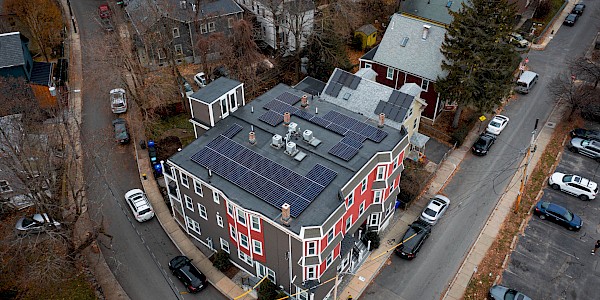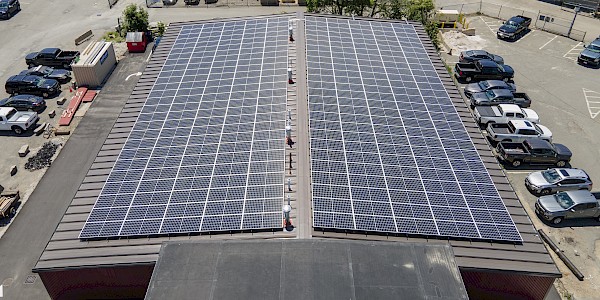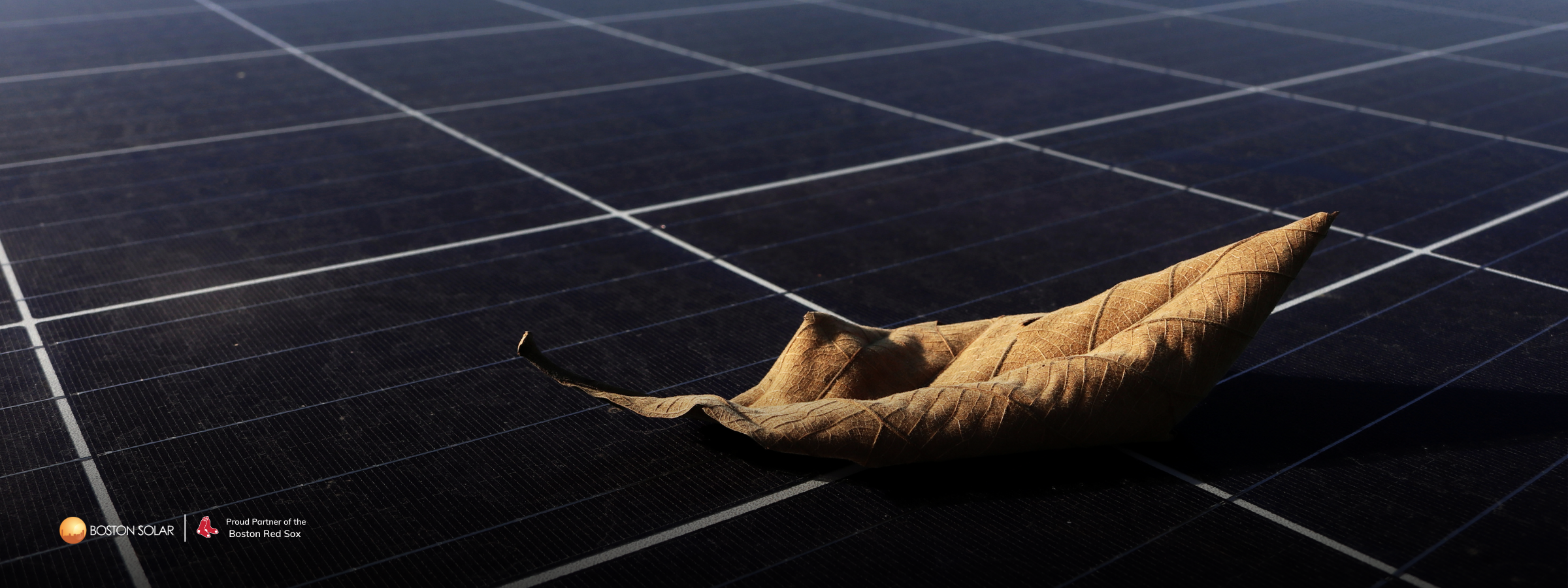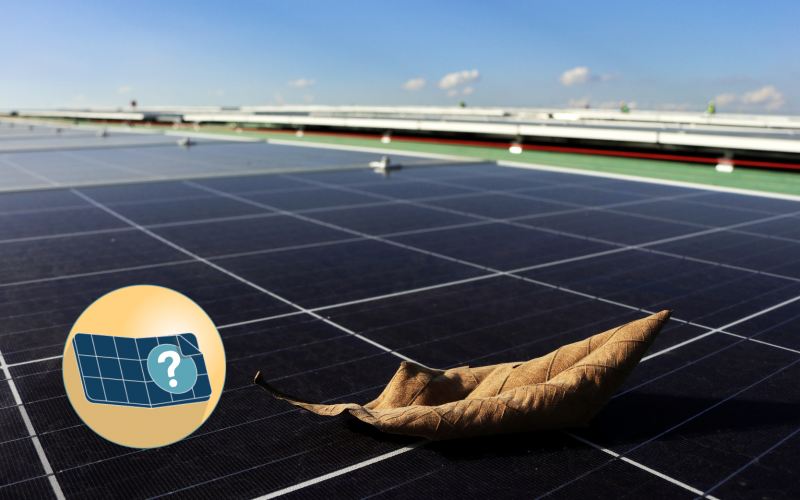How Do Temperature and Shade Affect Solar Panel Efficiency?
Oct. 15, 2023
Solar panels use sunlight to generate electricity and their output can be impacted by both temperature and shade.
Solar panels work best in direct sunlight, but they can still produce electricity during the fall and winter when overcast days are more common. A drop in temperature can even be beneficial to solar panels—too much heat can have a negative impact on their efficiency.
How Heat Affects Solar Panel Efficiency
Residential solar panels are generally tested at about 77°F and are rated to perform at peak efficiency between 59°F and 95°F. But solar panels can get much hotter than that, especially during the summer. Just how hot do solar panels get? In direct sunlight, they can reach temperatures of 150°F or higher. When the surface temperature of your solar panels gets this high, solar panel efficiency can decline somewhat.
That said, keep in mind that solar panels are made from highly durable materials that are designed to withstand extreme outdoor conditions, from freezing winter weather to intense summer heat. Moreover, the exact temperature of your solar panels will depend on factors like air temperature, geographic location, level of direct sunlight, and roofing material. Boston Solar is an experienced solar contractor that has installed over 5,000 solar energy systems. We install the best solar panels and products for the New England climate and will make sure your solar panels perform optimally in all weather conditions.
Understanding Temperature Coefficient
If you really want to understand how much energy your solar panels may produce depending on the temperature outside, check the temperature coefficient on the manufacturer’s data sheet for your solar panels. The temperature coefficient tells you, in a percentage per degree Celsius, how much power a solar panel will lose when the temperature increases by 1 degree over 25°C (77°F).
For example, if the temperature coefficient of a solar panel is -0.38% per one degree Celsius, its maximum efficiency will decrease by 0.38% for every degree above 25°C (77°F). Conversely, for every one degree Celsius below 25°C, the maximum efficiency of that solar panel will increase by 0.38%. (Yes—cooler, sunny weather is best for your solar panels and can help offset any decreased efficiency in the summer.)
If the outside temperature were 82°F (or 28°C)—the average daily high in Boston in July—and the surface of the panel in this example were roughly that same temperature, solar panel efficiency for that solar panel would decrease by just 1.14 percent.
So, while heat does affect solar panel efficiency, the impact is very minimal.
How Shade Affects Solar Panel Efficiency
Shade has a greater impact on your solar panel’s performance than heat does.
Solar panels work in the shade, but it does reduce their output. As a general rule, solar panels produce about half as much energy under clouds and shade as they do under direct sunlight. However, solar technology is improving all the time. The solar panels we installed are designed to perform in all weather conditions and are ideal for the New England climate. Solar batteries can also help when it’s overcast by giving you access to stored solar energy when your panels are not producing enough power.
Shade may come from a number of sources besides clouds, including trees and roof components like chimneys and dormers. Keep in mind, however, that the shade on a roof tends to change throughout the day as the sun travels through the sky—your roof may still be a good candidate for solar even if it receives some shade throughout the day. We will assess your property before installing your solar panels to determine its solar potential and design a custom solar array that maximizes efficiency and output on your roof.
Maximize Your Solar Panel Efficiency with Boston Solar
If you’re considering having solar panels installed on your roof or property, get in touch with a local solar installer who understands how to choose the best solar panel panels for your home and install them in a way that maximizes efficiency.
Boston Solar is a leading local solar panel installer in Massachusetts and New Hampshire. We’ve been empowering New England for over 11 years and have installed more than 5,000 solar energy systems. We have years of experience in designing and installing solar PV systems that maximize energy production, even when factors like heat and shading threaten to undermine solar panel efficiency.
Find out how much you could save with solar panels. Call 617-858-1645 or contact us to schedule a free consultation.




